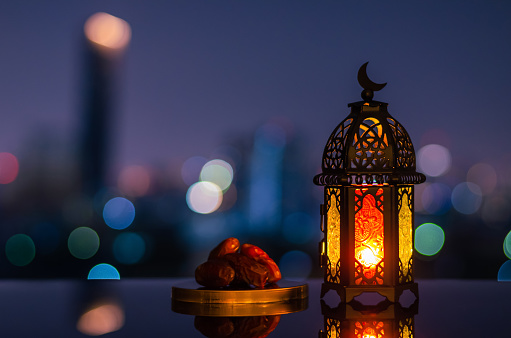Ramadan is a holy month in the Islamic calendar that is observed by millions of Muslims worldwide. It is a time of fasting, prayer, and reflection, where Muslims abstain from food and drink from dawn until sunset. As a non-Muslim, it is important to be aware of the customs and beliefs of your Muslim colleagues, friends, and neighbors during this sacred time.
Fasting during Ramadan is one of the five pillars of Islam, and it is considered an act of worship and devotion. Muslims believe that fasting helps them develop self-discipline, empathy, and spiritual strength. It is also an opportunity to focus on prayer, good deeds, and acts of charity.

While non-Muslims are not expected to fast during Ramadan, it is important to be respectful and mindful of those who are fasting. Muslims may become more reserved during this time, as they focus on their spiritual practices and may have less energy due to fasting. It is essential to respect their wishes and refrain from offering them food or drink during daylight hours.
Muslims break their fast at sunset with a meal called iftar, which often includes dates and water. It is customary for Muslims to invite friends, family, and neighbors to share this meal with them. Non-Muslims may be invited to attend iftar gatherings, and it is important to be respectful of their customs and traditions.
In addition to fasting and prayer, Ramadan is also a time of increased charitable giving for Muslims. Many may donate to charities or participate in community service projects. Non-Muslims can support these efforts by donating to local charities or volunteering in their communities.
Muslims may also attend nightly prayers called taraweeh during Ramadan. Non-Muslims are welcome to observe these prayers, but they should be mindful of the customs and practices of the mosque or community they are attending.
Finally, it is common for Muslims to exchange greetings such as “Ramadan Mubarak” or “Ramadan Kareem” as a way of acknowledging the start of the holy month. Non-Muslims can respond with a simple “thank you” or “happy Ramadan” if they wish.
Ramadan is a time of reflection and spiritual growth for Muslims, and as a non-Muslim, it is important to be respectful, mindful, and supportive of their beliefs and practices during this holy month. By being aware of the customs and beliefs of our Muslim colleagues, friends, and neighbors, we can show our support and foster greater understanding and respect between our communities.

